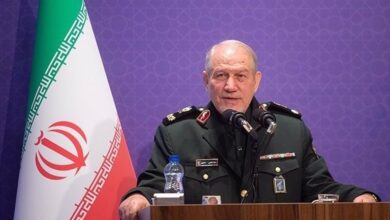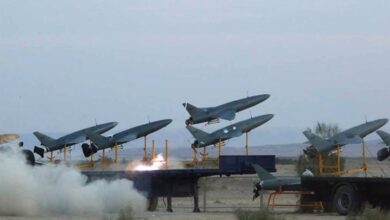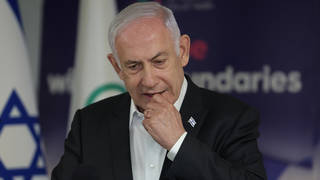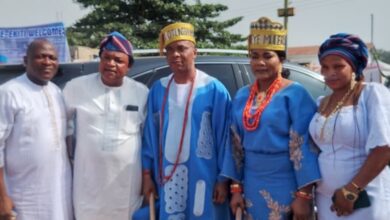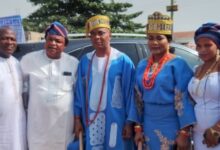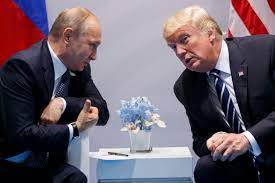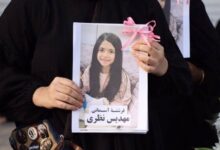Pentecostal Fellowship President, on acclaimed genocide in Nigeria, says ‘insecurity affects both Christians an Muslims’
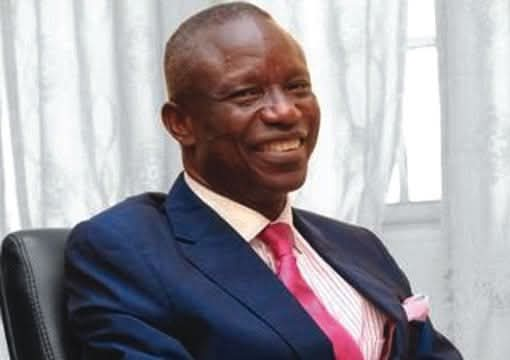
*Why we created department of politics – Bishop Oke
*Claims 65 million of over 200 million Nigerian population are pentecostals
*As he explains dreams of Church founding fathers
By KEMI KASUMU
Responding the PFN leader said, “Our position is that genocide exists, but it is not just about Christians. Our concern is that whether Muslim or Christian, stop the killing, that is our priority.
In a twist of fate against the international campaign misrepresenting, as mass killing of Christians, the security challenge that has claimed lives of more Muslims and Islamic assets especially in Northern part than in any other religious community in Nigeria, National President of the Pentecostal Fellowship of Nigeria, Bishop Wale Oke, says the acclaimed Christian genocide being promoted by some Christian leaders and United States of America affects people of all faiths not Christians only.
Bishop Oke, who spoke in an interview published by PUNCH on Sunday October 26, 2025, was asked as to what the position of his Pentecostal Fellowship of Nigeria (PFN) was on the alleged Christian genocide being peddled around.
Responding the PFN leader said, “Our position is that genocide exists, but it is not just about Christians. Our concern is that whether Muslim or Christian, stop the killing, that is our priority.
“We don’t want Muslims to die; and we don’t want Christians to die. We don’t want a situation where there is genocide against Christians today and then it stops, only for there to be genocide against Muslims tomorrow.
“What we want is a situation where genocide is stopped entirely — whether among Muslims or Christians. Government exists for the welfare of its people as a primary responsibility. When you don’t have governance that addresses the welfare of the people, the PFN wants to speak truth to power — to make leaders, whether in the political or any other sector, understand that the welfare of the people is important. The government should stop the killings. No innocent Nigerian should lose his or her life for any reason.”
On what the PFN can do to help the nation overcome the challenge of insecurity, he said, “Undoubtedly, our strongest weapon is spiritual. That does not mean we don’t do other things. Often, we help douse national tension by talking to our people about the need to ensure unity and commitment to national growth.”
He said, “The level of awareness we are giving our people about governance and politics is also a major contribution of the PFN. We now have a Department of Politics and Governance, headed by a former Deputy Speaker of a House of Assembly, who is now a pastor, Rev. Femi Emmanuel.
“That department educates Pentecostals and churches on the need to get involved in governance and show practical examples of how things ought to be done.
“It sensitises and encourages Pentecostals not to leave governance to politicians because if you don’t enter the ring, you can’t join the fight. We don’t want to stop at praying; we want to raise people who are godly,” he said.
Before this, Bishop Wake Oke had shared his thought about the dreams of the PFN founding fathers as to whether or not they are being fulfilled.
On this he said, “The dreams are being gradually fulfilled. Today, we have about 65 million Pentecostals in Nigeria. Can you imagine a situation where there are no Pentecostals and about 65 million people are just spread across the nation without leadership, guidance, or direction? That would have added to the nation’s troubles.
One of the dreams of our founding fathers was for unity, order, and the full propagation of the gospel — and that is happening in Nigeria.
There is so much evangelism going on by the Pentecostals. Whether it’s RCCG, Living Faith, Deeper Life, or Mountain of Fire, there is a lot happening in reaching the world for Christ. That is a major achievement of the Pentecostals.
That is why the PFN is today one of the largest of the five arms of CAN — because of the massive investment our members have made in evangelism. There is hardly any village in Nigeria today without a Pentecostal church.
Just like those who started Christianity in the country began with schools, the Pentecostals are involved in similar efforts today. A lot of infrastructural activities are being carried out by Pentecostals in remote areas. They are making an impact, changing lives, turning things around, and contributing to the economy, as well as to the social and religious life of those communities.


